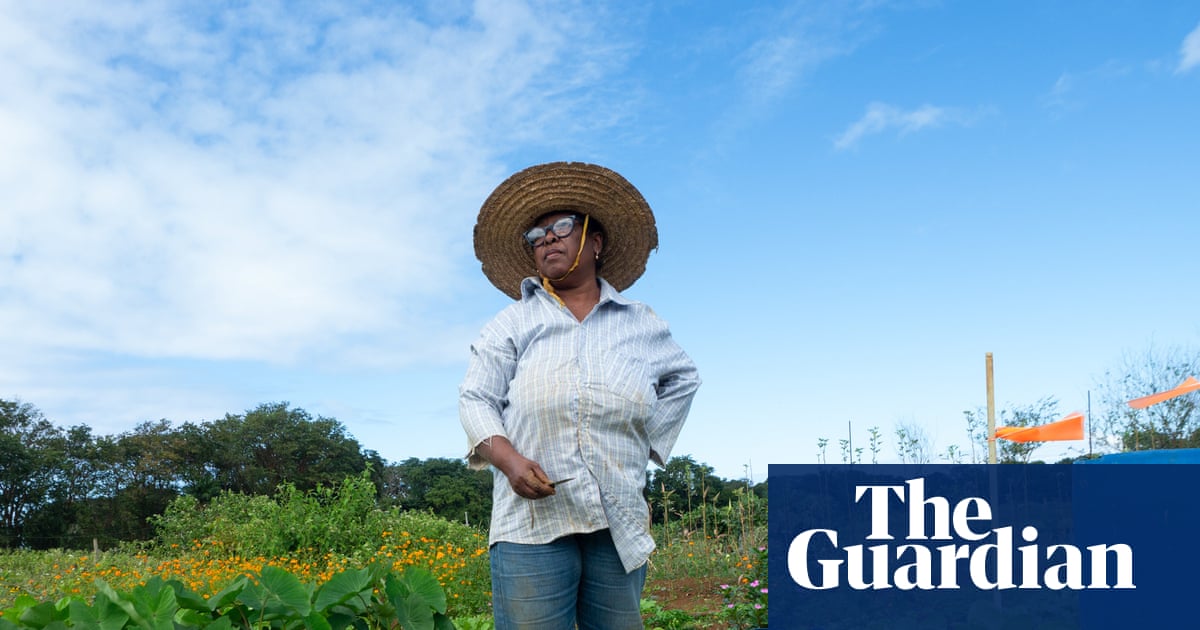
"Sandy Monrose never imagined herself as a farmer. Descended from generations of fishers on the breezy south-eastern tip of Mauritius, she has the Indian Ocean running through her veins. But when a merchant ship slammed into the coral reef, turning the sea inky black with toxic fuel and sinking the local economy, she and a group of local women turned to the land to feed their families."
"Five years after the Japanese-owned MV Wakashio ran aground off the white sands of Pointe d'Esny, her model farm in the nearby nature reserve of La Vallee de Ferney is flourishing. Sitting under a metal-roofed gazebo, she surveys the formerly tired plot she secured from landowner Ferney Ltd, now a joyous riot of greens, bursting with papaya and banana trees, and patches of onions, potatoes, taros, manioc, bok choi, winged beans and lots more besides."
"Monrose, who lived in the fishing village of Cite la Chaux, remembers the creaking and groaning of the hulking vessel in the high winds after it crashed on 25 July 2020. Twelve days on, the hull fractured, spewing 1,000 tonnes of fuel oil into the pristine waters, endangering mangroves, seagrasses, fish and other marine life. Dozens of dead dolphins washed up on the shore."
The July 2020 grounding and subsequent fracture of the Japanese-owned MV Wakashio released about 1,000 tonnes of fuel oil, devastating marine habitats and the local fishing economy. Dozens of dead dolphins washed ashore and mangroves, seagrasses and fisheries suffered contamination. Displaced coastal residents, including Sandy Monrose and other women from Cite la Chaux, secured a formerly tired acre in the La Vallee de Ferney nature reserve and formed the South-East Ladies Agro collective. Over five years they transformed the plot into an organic model farm producing roughly one tonne annually of diverse fruits and vegetables, feeding families and selling surplus for income.
Read at www.theguardian.com
Unable to calculate read time
Collection
[
|
...
]